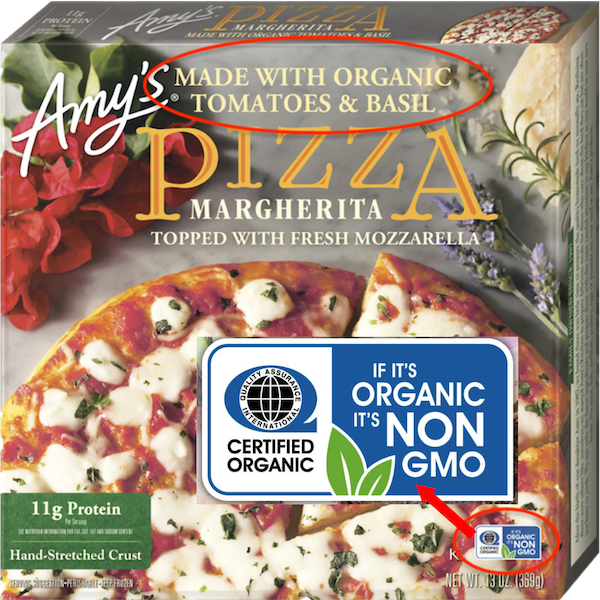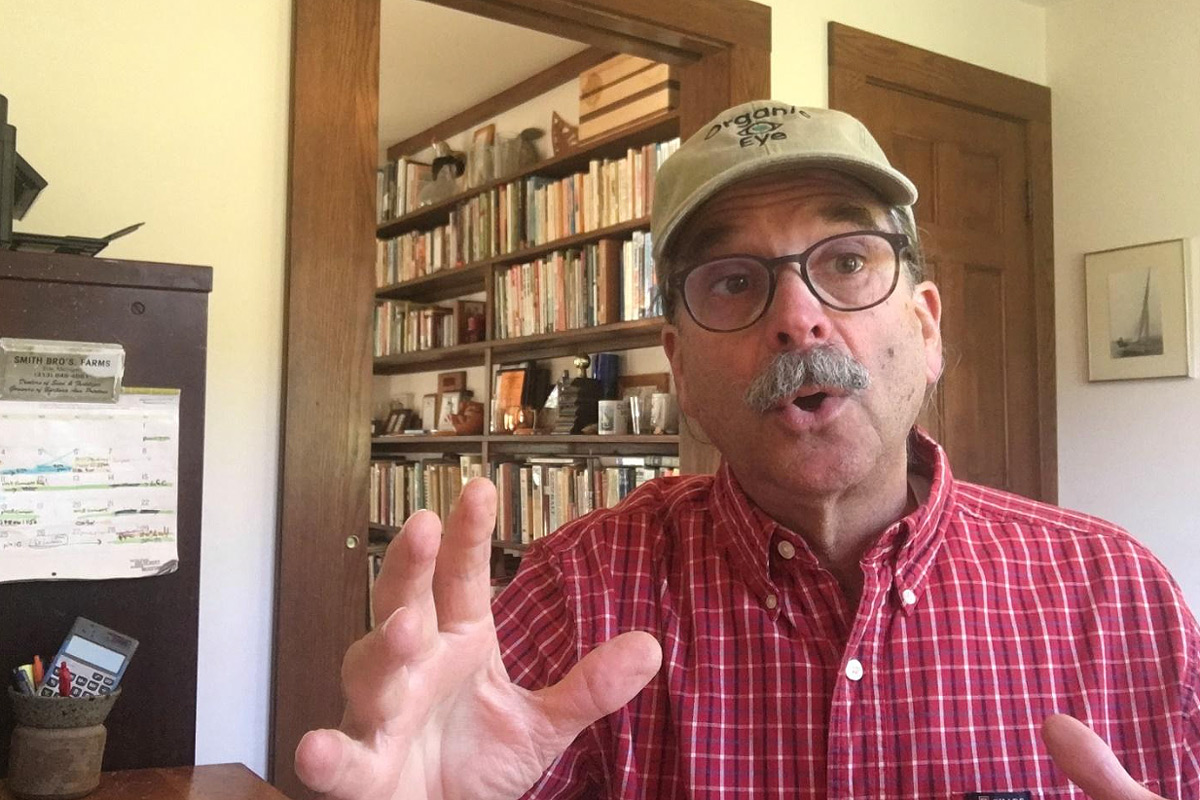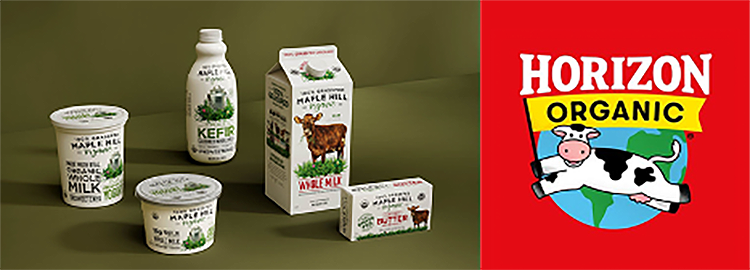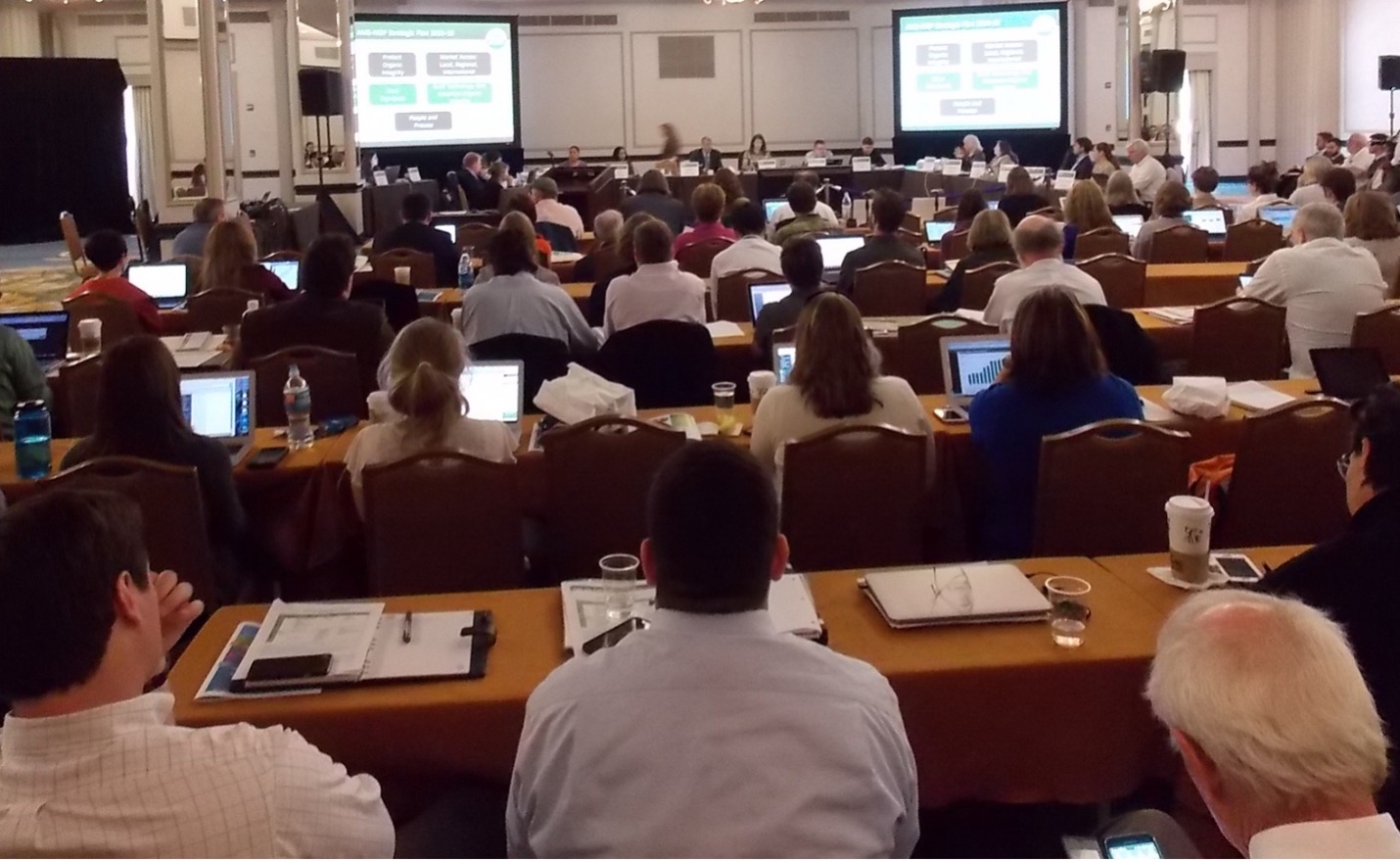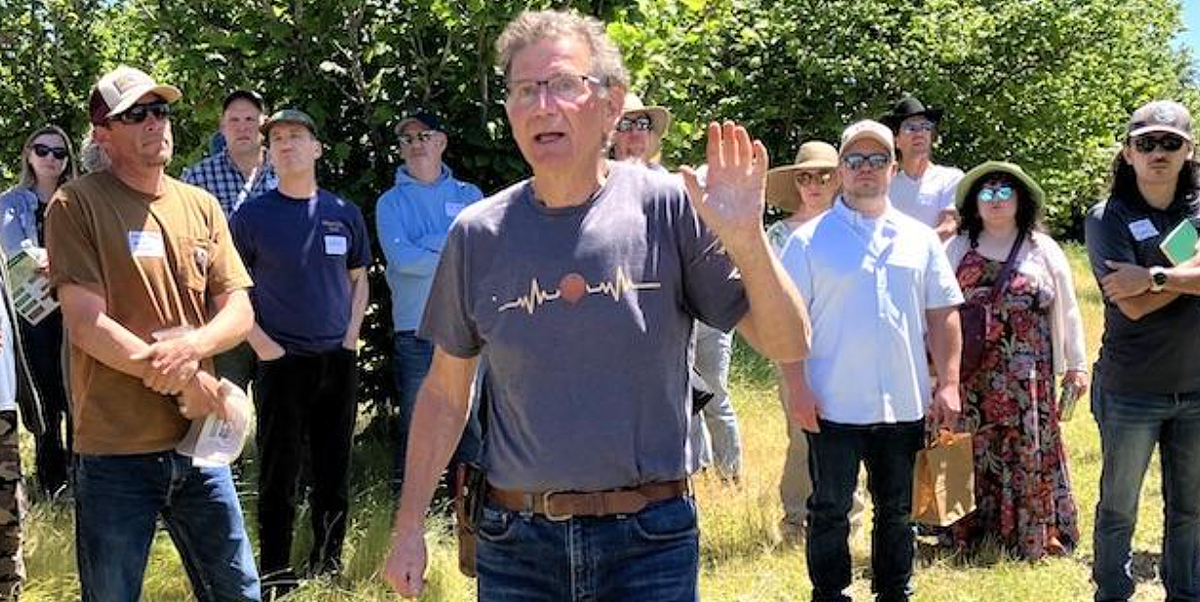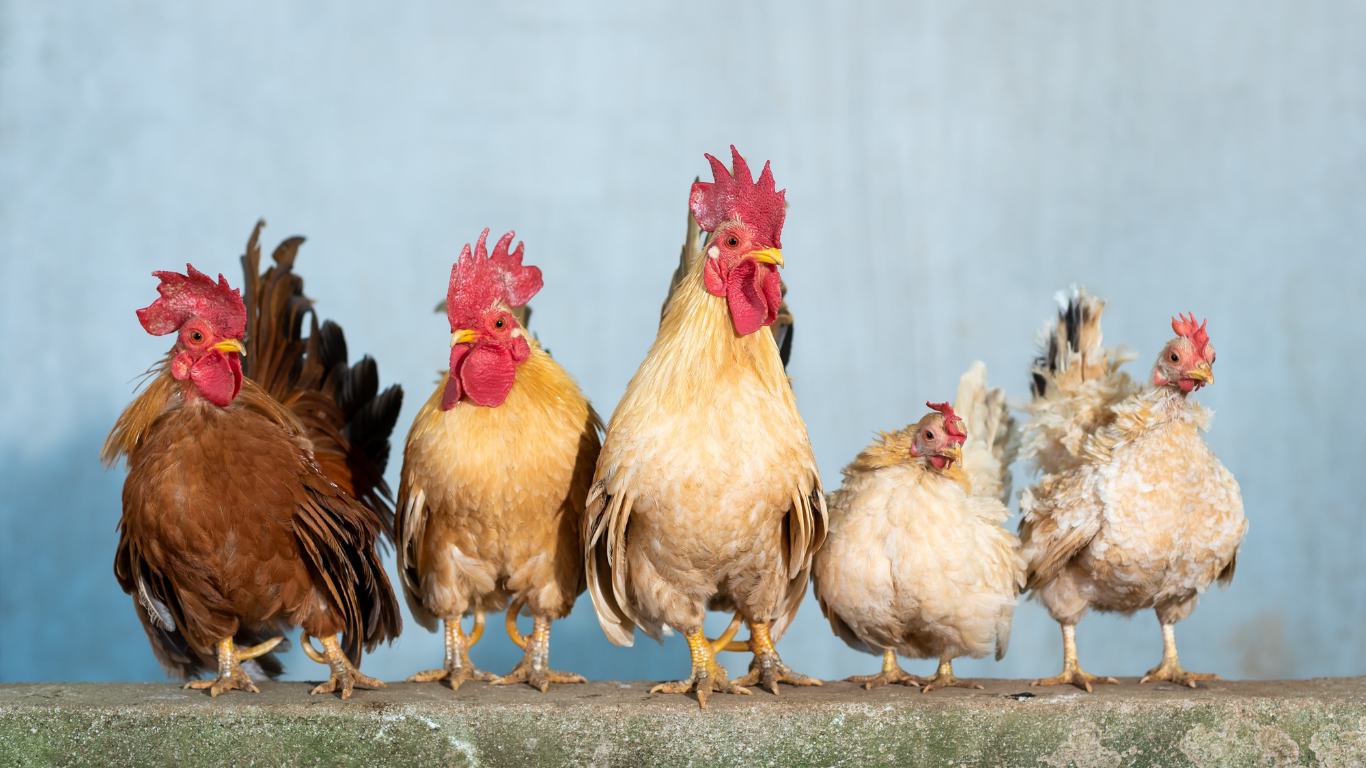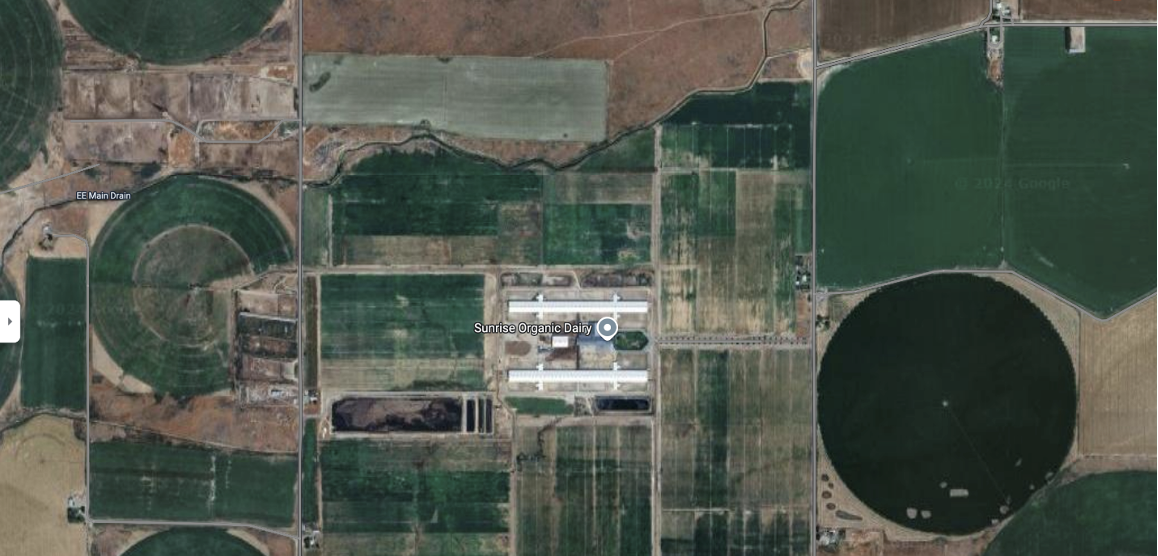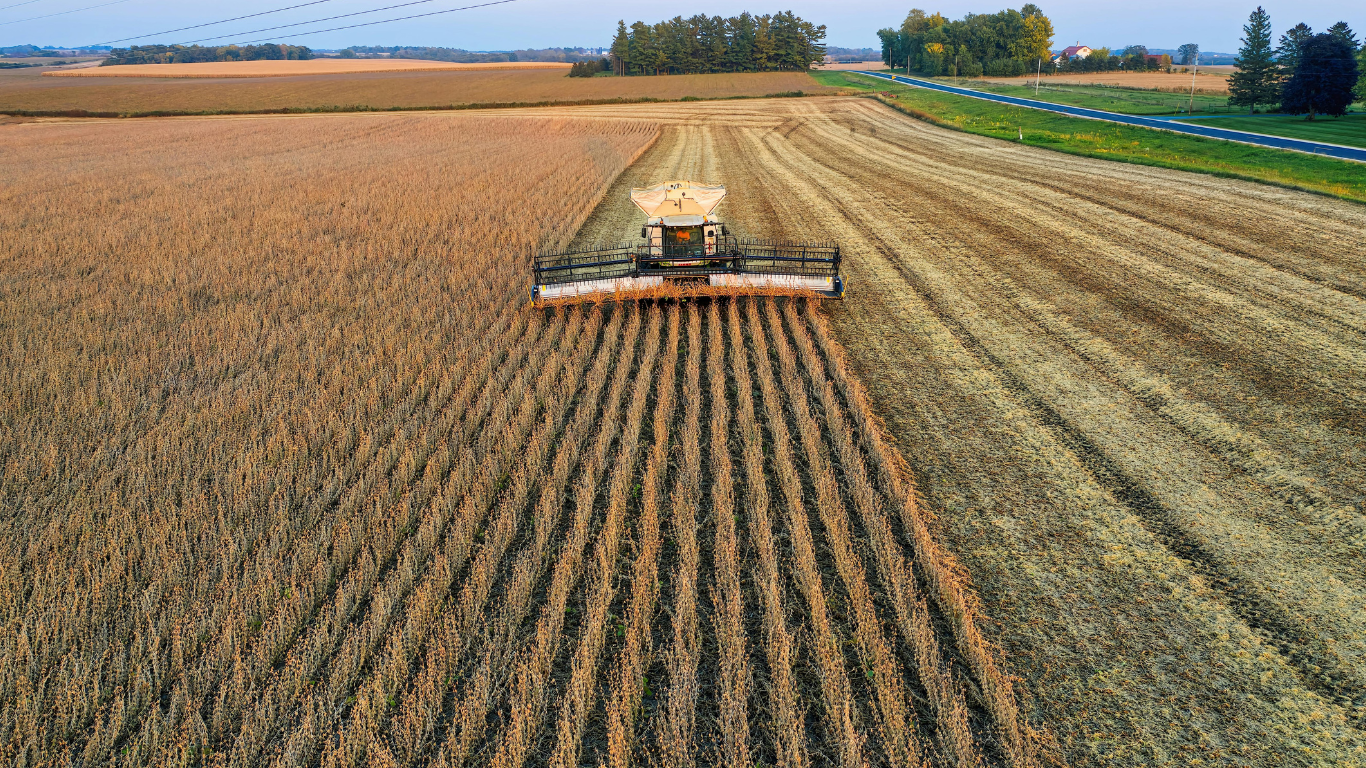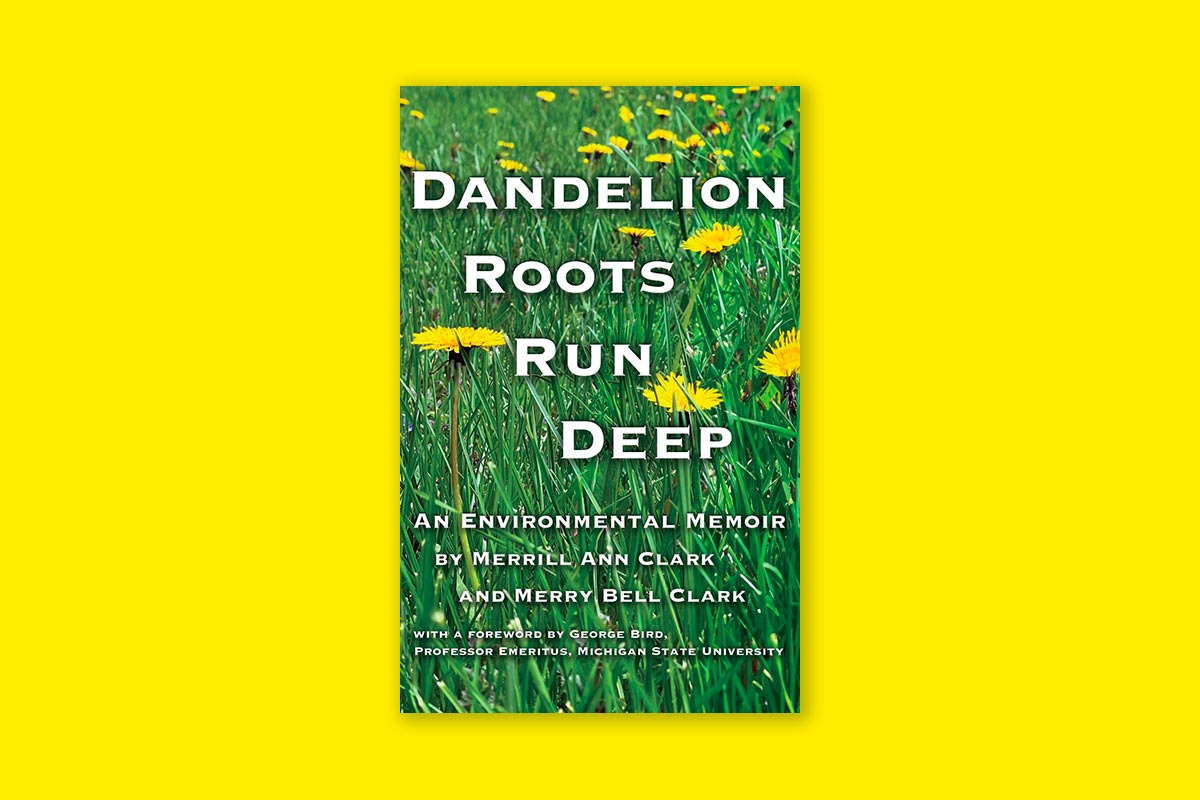An Eminently Qualified Organic Industry Watchdog
We monitor the increasingly corrupt relationship between corporate agribusiness and government regulators that has eroded the working definition of organics.
Working with our intelligence agents around the country, we are protecting what we have built together.
$30
$50
$100
$250
$500
become a supporting member
SIGN UP FOR ORGANICEYE NEWSFEED
BECOME AN INTELLIGENCE AGENT
A message from OrganicEye leadership (left to right): Mark Kastel, Steven Heim, Will Fantle, and Jim Gerritsen—When it comes to preserving organics as an alternative to the chemical-intensive farming and food production system that is destroying our environment and health:
WE WON’T BACK DOWN.
We are OrganicEye. We Have the Power to Impact Our Future and We’re Doing Something About It.
Join the OrganicEye leaders, with their over 130 years of industry oversight, in building a new and important asset for the community. The organic farming movement started as a values-based industry. It was built on a loving, collaborative relationship between family-scale farmers and shoppers willing to pay for food produced based on superior environmental stewardship, humane animal husbandry and economic-justice for the people who produce our food. OrganicEye’s mission is ensuring these values and commitments are not compromised in the modern food system.
We Are All Organic Watchdogs: Become an OrganicEye Agent
From the Gumshoes at OrganicEye
ORGANIC FRAUD ALERT — Your One Click Can Stop It
Tell Amy’s Kitchen and Clif Bar to quit deceiving organic shoppers Please send your message. Honest family farmers and marketers are being...
Organic Industry Watchdog Accuses Major Certifier and Food Marketer of Consumer Deception
Misleading certifier logo on the front panel of products falsely implies full organic certification THE STORY: A QUICK OVERVIEW• A formal complaint...
An Open Letter to Nonprofit Leaders in the Organic Community
Dear Organic Certifiers and Nonprofit Leaders, It pains me to see that so many of you seem to have become nothing but cheerleaders for “organic,”...
Organic Industry Consolidation Challenged
January 21, 2026 FOR IMMEDIATE RELEASE Contact: Mark A. Kastel, 608-625-2000 / info@organiceye.org FTC complaint: Horizon Family Brands acquisition...
Storm Clouds Over USDA’s Organic Oversight
Staffing Cut While Uninspected Imports Crash US Farms The lowdown on the diminishing USDA oversight of organics:1. After the cancellation of the...
Organic Industry News
OrganicEye Continues to Challenge Mock “Organic Certification” Conducted by Foreign Corporate Agribusinesses
Photo Credit: Capital Press — Hazelnut farmer Bruce Kaser of Pratum Farm in Salem, OR Appellate Court Denies US Farmer’s Day in Court — Filing for Reconsideration July 21, 2025 FOR IMMEDIATE RELEASE Contact: Mark A. Kastel, 608-625-2000 / info@organiceye.org Federal...
What Are Cage-Free Eggs? New Organic Regulations Help Define Things, But Consumers Still Need to Do Their Homework
On the first day of 2025, the new Organic Livestock and Poultry Standards will go into effect, changing the definition of what constitutes a cage-free, organic egg. Here’s what that means for us as consumers. Breaking news: You may soon be seeing bare shelves where...
Organic Industry Watchdog Files Trump Test Case Against Factory Dairies
Sunrise Organic Dairy in Paul, Idaho (certified by Oregon Tilth) Multiple Incidents of Fraud Said to Have Been Ignored by Past Administrations LA FARGE, WIS: The country’s preeminent organic industry watchdog, OrganicEye, filed formal legal complaints against...
USDA Warns Certifiers About Fraudulent Imports of Organic Soybeans and Soymeal From West Africa
Organic Integrity Is a Game of Whack a Mole! The USDA, and sadly many major certifiers, do nothing but depend on paperwork. And they are going toe to toe with expert fraudsters who are a whole lot better at this game than they are. OrganicEye has been pushing the USDA...
Dandelion Roots Run Deep: Book Review
Doctor John and Merrill Clark were true heroes in the early years of the commercialization of the organic farming movement. They were both dedicated practitioners, willing to share their knowledge widely. And as corporate agribusinesses started wielding influence on...
Follow the OrganicEye Newsfeed
The stereotypical large farms of today’s agriculture are not unsustainable because they are large, they are large because they are managed unsustainably. They are unsustainable because they are managed ‘extensively’ – meaning they rely more on land and capital and less on thinking people.
Give Today
$30
$50
$100
$250
$500

